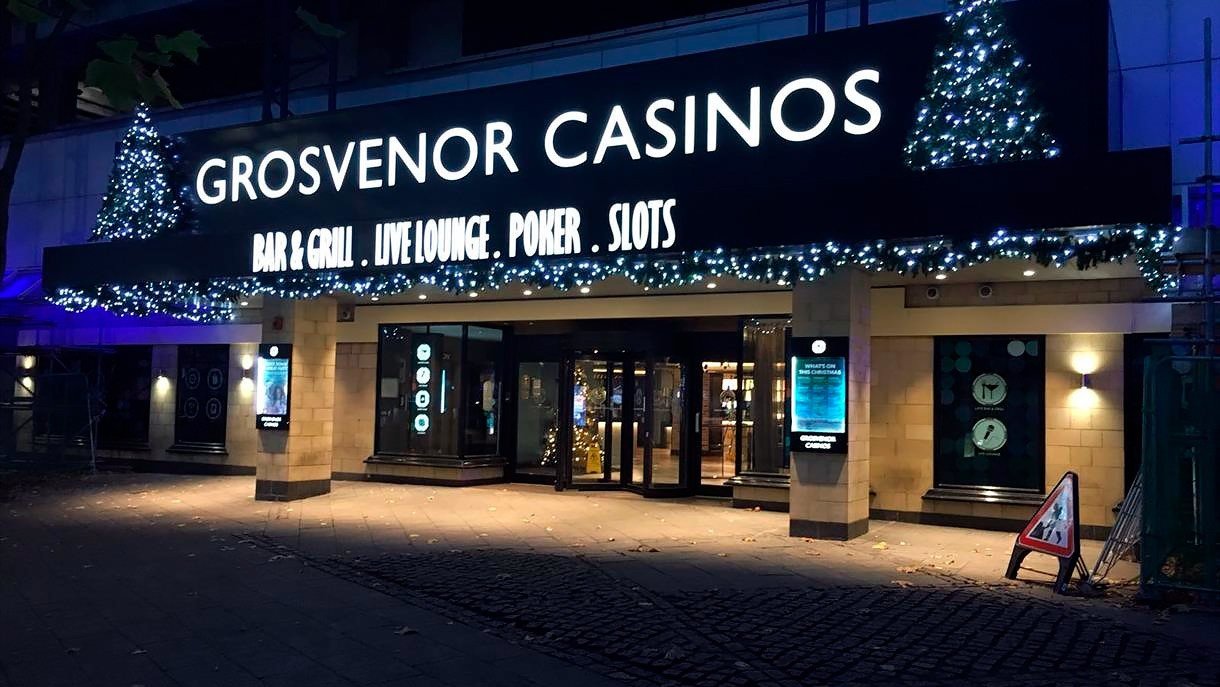Chicago weighs per-wager sports betting tax as operators warn of profitability risks

Chicago officials are considering adding a per-wager tax on sports bets placed within city limits, a move that industry observers warn could push some operators to the brink of leaving the Illinois market. The City Council, which reconvenes after Labor Day, is exploring a measure that would mirror and potentially exceed the state’s recently implemented levy.
The proposal comes just months after Illinois more than tripled its digital sports betting tax rate in a year, imposing a sliding scale that ranges from 20% for smaller operators to 40% for the largest, in addition to a new state-level per-wager fee. Cook County already applies its own 2% tax on sports betting revenue, and a Chicago surcharge would add yet another layer.
Under the state law that took effect July 1, operators must pay 25 cents on each of their first 20 million annual wagers and 50 cents on any wagers beyond that threshold. Industry estimates suggest the measure will cost major players like FanDuel and DraftKings more than $60 million a year each. A similar citywide tax could add another $10 million to that bill.
Adam Hoffer, director of excise tax policy for the Tax Foundation, said the cumulative burden may soon become untenable. “At what point do these sports operators say, ‘You’ve made it so we can’t operate here anymore.’ I worry that that is coming sooner than later,” he told InGame. “I think that this pushes the line of whether or not the companies could be profitable or not.”
While Illinois’ monthly sports betting handle has exceeded $1.1 billion since last September, operators’ profits are closely guarded. Industry figures suggest margins are thin, with one lobbyist telling Kansas lawmakers that operators earn roughly six cents per $100 wagered under far lower tax regimes. In Chicago, taxes on a $1 bet could consume as much as 75 cents before payouts, leaving operators with a fraction of the stake.
Some companies have already reacted to the state’s per-wager fee by introducing minimum bet amounts. BetRivers set a $1 floor, Hard Rock Digital set a $2 floor, and BetMG set a $2.50 floor. If Chicago enacts its own levy, the combined state and local taxes on the smallest legal wagers would rise even further.
Hoffer described the city proposal as a “revenue grab” that would disproportionately impact casual bettors. “The people this would affect the most on a wager-based tax, it will affect those who bet small amounts often,” he said, warning that some might seek alternatives in unregulated offshore markets.
Geolocation provider GeoComply said that while operators would face additional administrative work, the technology to track wagers made within city limits is already in place. “You’re already checking the location of the bettor because these systems are already in place,” Lindsay Slader, the company’s senior vice president for compliance, told InGame.
With the Sports Betting Alliance, representing BetMGM, FanDuel, DraftKings, bet365, and Fanatics Sportsbook, actively lobbying in Springfield and Chicago, the industry’s immediate focus is on whether the city will proceed. Hoffer cautioned that while legal sports betting has delivered significant tax revenue since being brought out of the illicit market, overburdening the sector could reverse that progress. “It’s a big risk. It could all go away,” he said.
















